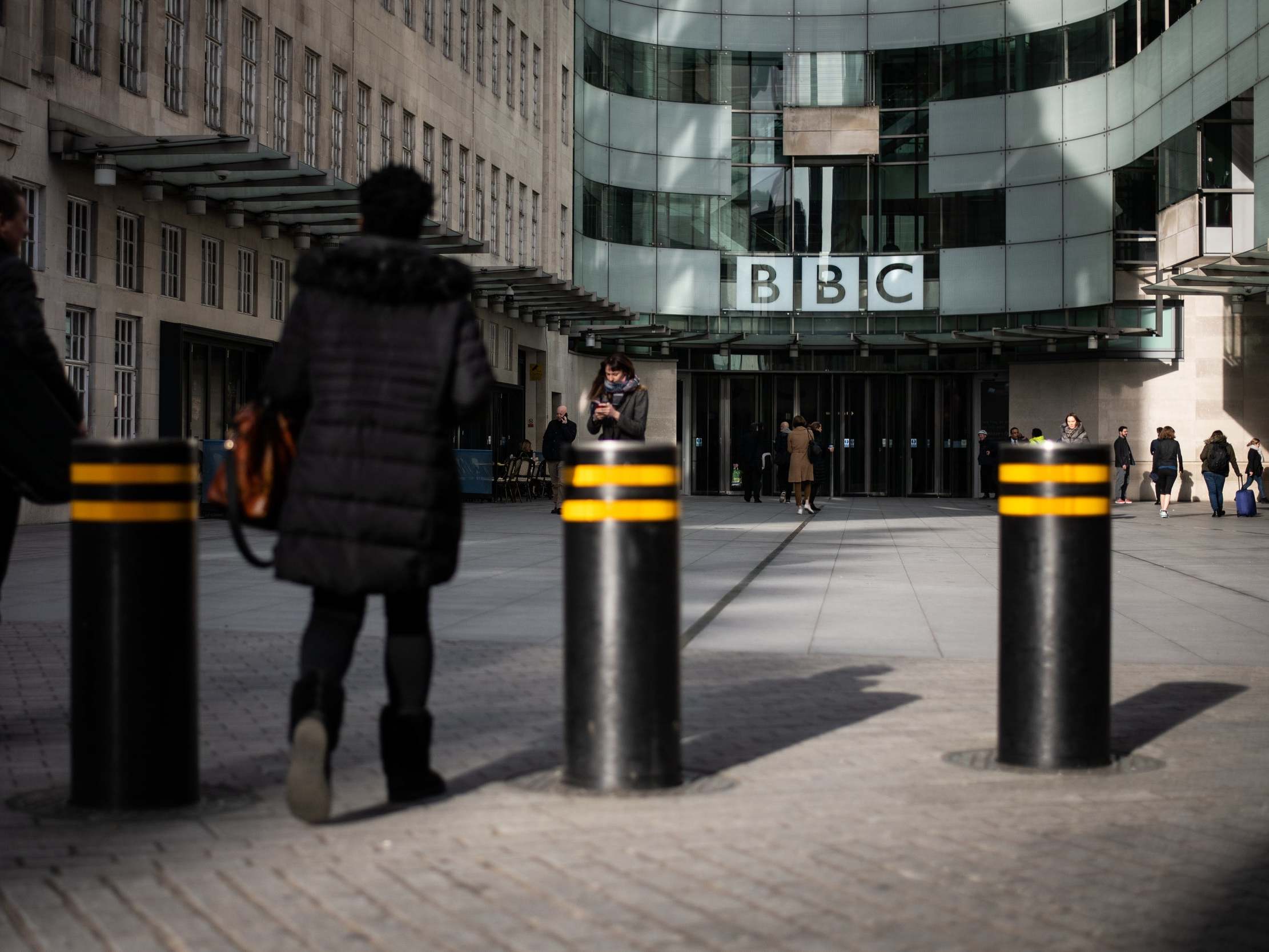Attacking BBC and licence fee will ‘weaken’ UK, Johnson warned
Sir David Clementi urges government ‘not to rush to short-term decisions’ on funding overhaul

Your support helps us to tell the story
From reproductive rights to climate change to Big Tech, The Independent is on the ground when the story is developing. Whether it's investigating the financials of Elon Musk's pro-Trump PAC or producing our latest documentary, 'The A Word', which shines a light on the American women fighting for reproductive rights, we know how important it is to parse out the facts from the messaging.
At such a critical moment in US history, we need reporters on the ground. Your donation allows us to keep sending journalists to speak to both sides of the story.
The Independent is trusted by Americans across the entire political spectrum. And unlike many other quality news outlets, we choose not to lock Americans out of our reporting and analysis with paywalls. We believe quality journalism should be available to everyone, paid for by those who can afford it.
Your support makes all the difference.The chairman of the BBC will warn Boris Johnson that attacks on the corporation will result in a “weakened United Kingdom” amid tensions with Downing Street over the broadcaster’s future.
Sir David Clementi will hit back at No 10 over threats to the licence fee, urging the government “not to rush to short-term decisions” that could have significant consequences for the BBC and wider creative industries.
In a speech on Wednesday, Sir David will call for a “degree of reality” over changes to the way the BBC is funded after the government launched a review into whether failing to pay the licence fee should be a criminal offence.
It comes amid rising tensions between No 10 and the BBC. The prime minister made it clear that he was considering scrapping the licence fee during the election and his senior aides have banned government ministers from appearing on the broadcaster’s flagship Today programme.
Sir David will warn against taking the BBC’s unparalleled global reach for granted, telling an audience in Salford: “No other brand resonates around the world like the BBC.
“No other national asset has the potential to serve Britain so powerfully – uniting us as one nation at home, and representing global Britain abroad.
“The BBC is a great national asset; a diminished BBC is a weakened United Kingdom.”
He will call for “a degree of reality” to be introduced into the debate over alternative ways of funding the BBC, saying critics of the licence fee must consider what other models would look like.
Sir David will say that he has no doubt that the BBC could thrive as a subscription model, but “it would not be the BBC that the nation knows and values and, behind a paywall, it would not be available to everyone”.
He will say: “A subscription service would be unlikely to have much regional presence. It would not fund anything like the amount of money that the BBC at present puts into the nations and regions, in television and in local radio.
“It would be very unlikely to continue the level of properly curated programmes for children, or indeed the brilliant Bitesize education services that have helped so many teenagers.
“It would not have the same commitment to investing in home-grown ideas and talent, to the benefit of our whole creative sector.
“Sitting behind a paywall, it would no longer be the place that brings the country together – for the Strictly Come Dancing final, or Gavin & Stacey on Christmas Day, or the Armistice anniversary or Holocaust memorial.”
He will add: “It’s clear that a discussion of what sort of BBC we want must run in parallel with the debate about its funding since the two are inextricably linked.”
Addressing the government’s proposals to look at decriminalising the licence fee, he will warn that the government “should not rush to short-term decisions which unravel not just the current charter, but the wider creative ecology”.
“The BBC will engage fully with the government’s consultation, but it must be based on the evidence,” he will say. “A decision of this scale – taking hundreds of millions out of the BBC and the creative economy – must not be taken in isolation.”
Last week, the culture secretary Nicky Morgan announced a review to ensure the £154.50 licence fee which funds the BBC “remains relevant in this changing media landscape”.
People who refuse to pay the annual charge face fines of up to £1,000, criminal convictions and even imprisonment – although only five people went to prison for failing to pay in 2018.
The consultation will evaluate whether criminal sanctions for the non-payment of the licence fee should be replaced by an alternative enforcement scheme.
Join our commenting forum
Join thought-provoking conversations, follow other Independent readers and see their replies
Comments